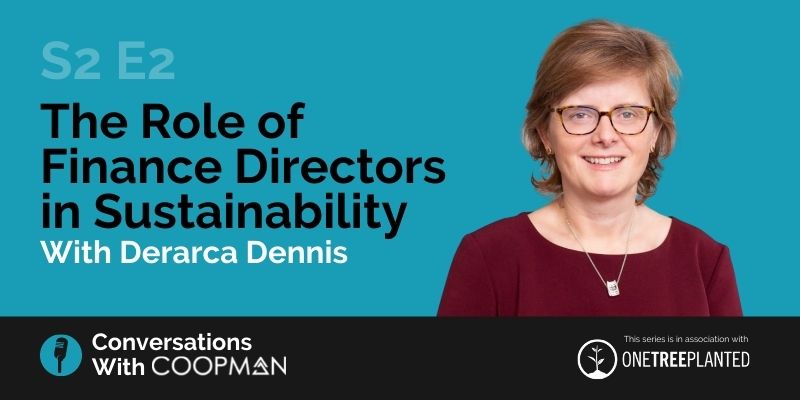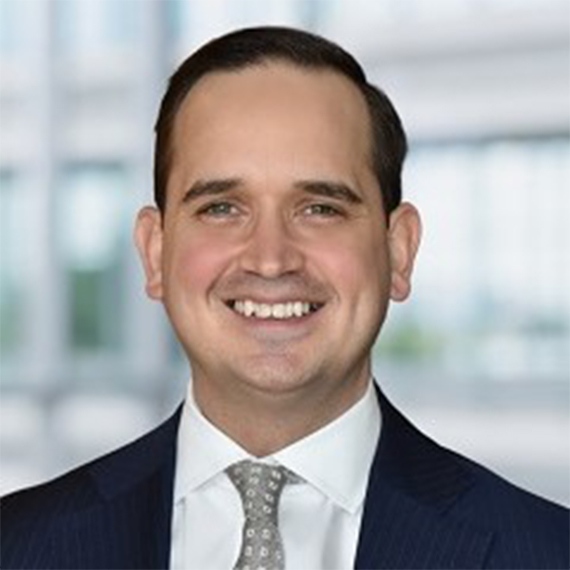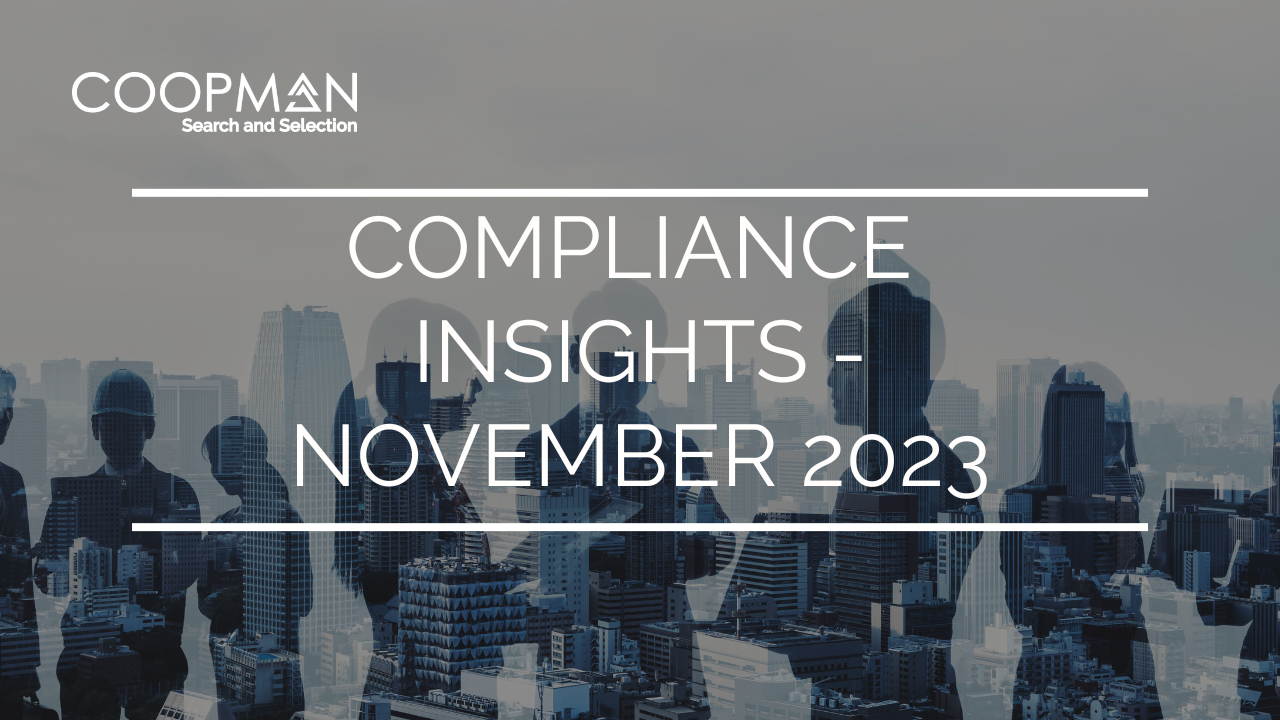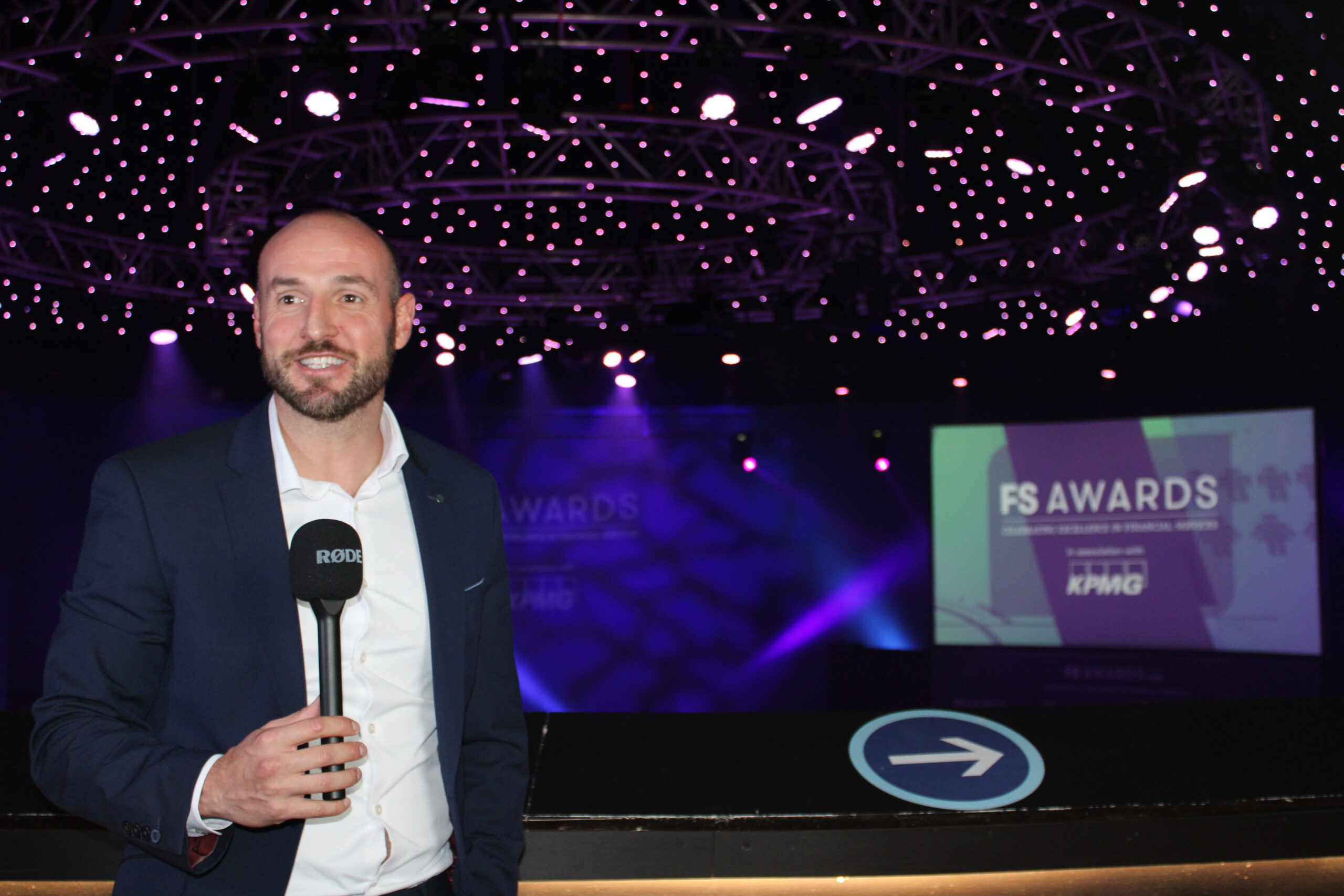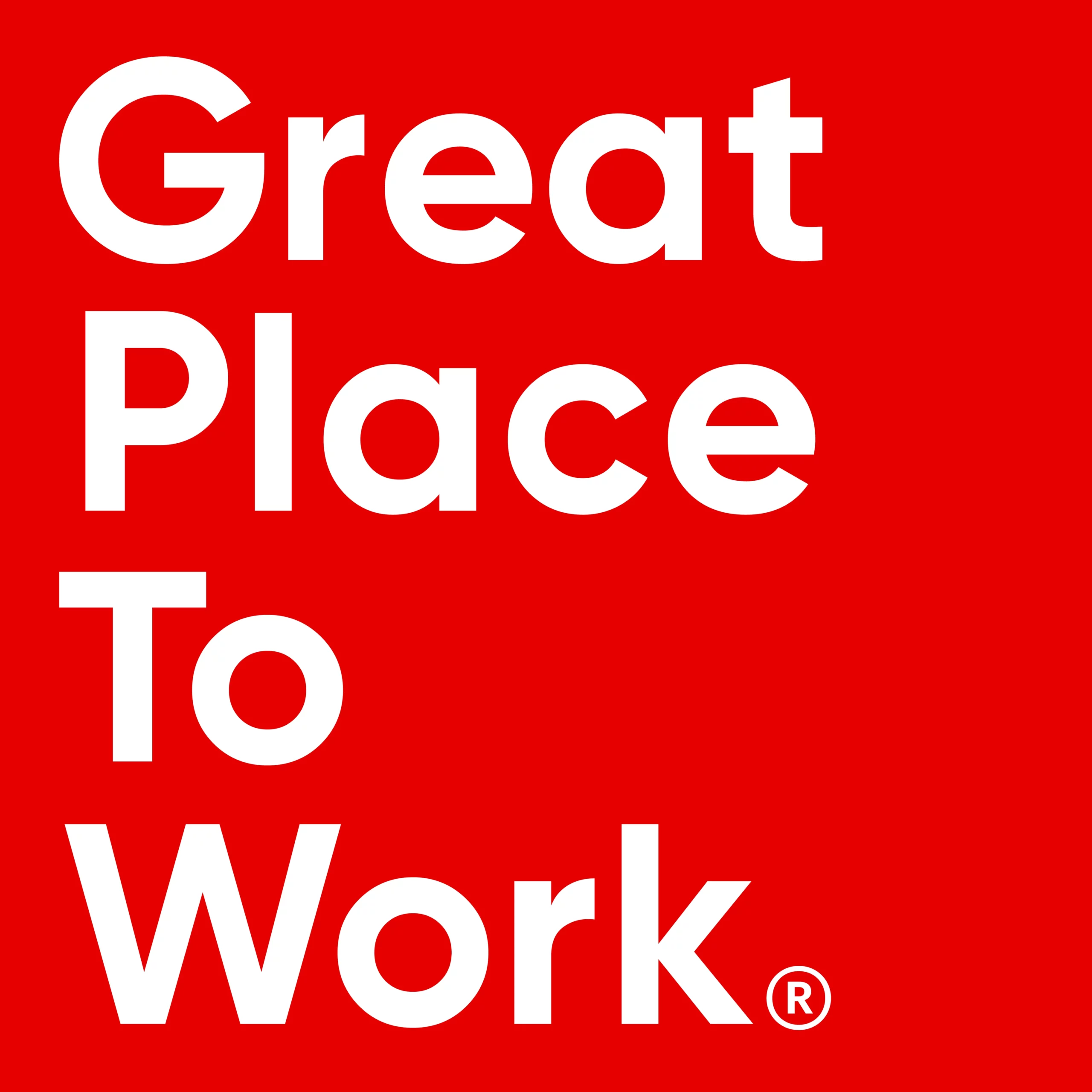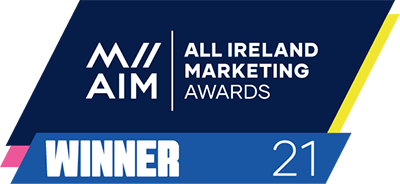We are delighted to launch Series 2 of Conversations With Coopman, Making Sustainability Your Business in association with global non-profit reforestation organisation, One Tree Planted. This series focuses on how businesses across financial services are embedding sustainability into their operations, as well as creating innovative solutions to tackle climate change and to have a positive impact on the environment. In our second episode, Derarca Dennis, the Partner responsible for Climate Change and Sustainability Services (CCaSS) for EY Ireland, joins co-hosts Andrew Murphy and Mark Fallon to discuss the role of finance directors in sustainability.
Derarca has over 20 years of professional experience including six years based in Brussels and Finland. Derarca works within a team of CCaSS specialists who focus on advising private and listed companies on sustainability assurance and advisory services. She also leads the Financial Accounting Advisory Services team that advise on financial and non-financial reporting issues. Derarca has been responsible for leading a range of sustainability assurance and advisory projects for clients across the following sectors; food, telecommunications, healthcare, technology, oil & gas, and retail. She advises in areas such as strategy development, Implementation and sustainability roadmap development, measurement and reporting on KPIs and target setting, stakeholder engagement and non-financial reporting. Derarca is a graduate of University College Dublin holding a degree in Psychology and a Fellow of the Institute of Chartered Accountants of Ireland.
In this episode, Derarca discusses how sustainability is impacting the work of a finance director, how it is creating new opportunities within finance, how the changing environment is posing new challenges for companies and what EY is doing internally and externally in response.
Some of the key discussion points from the conversation with Derarca as well as the podcast recording and video are included below. To receive the latest podcast episodes straight to your inbox, sign-up to our podcast mailing list.
WHERE DOES SUSTAINABILITY RANK FOR COMPANIES IN TERMS OF IMPORTANCE?
It is right up there, there is no doubt about it. It is there alongside the economic challenge for companies to get back on their feet post pandemic, and it has moved from number 5 on the agenda to 2 or 3, if not number 1.
HOW IS SUSTAINABILITY IMPACTING THE WORK OF A FINANCE DIRECTOR?
This is an interesting one – every finance director across every industry is trying to figure out their role in sustainability, but it is very much part of their role as fundamentally, they are the powerhouse of information for many organisations.
In financial services specifically, finance professionals have had to look at how they lend money to jump start the economy post Covid-19 but it is being demanded by the general population that it is done in a sustainable fashion.
Therefore, finance directors need to understand it, know how their businesses manage it and then be able to report on it in line with regulations.
If they have come from a traditional background, they need to understand that there are new asks in relation to sustainability, but depending on their team, company and sector, they may be core to it or on the periphery.
WHAT OPPORTUNITIES ARE AVAILABLE IN SUSTAINABILITY FOR FINANCE DIRECTORS AND THEIR COMPANIES?
Traditionally as finance directors went into companies, they would be number crunching and looking historically at information. Now, finance directors are being asked to look at the business going forward, to think about how they want to invest and how sustainability should be a part of that. So really, it is future focused and future proofing the business.
The role of finance directors is changing to be a support but also knowledgeable when it comes sustainability and how to invest behind it. They also need to explain this to various stakeholders and have a response to the needs of all parties, not just shareholders which was the traditional approach.
It is no longer simply about the return on investment and dividends for shareholders, now conversations need to go beyond that to include the company’s greenhouse emissions and the impact its products, services and operations including its supply chain actually have on the environment.
Sustainability means that finance directors are being pulled into the businesses more as there is huge need for collaboration and the finance team is core to that.
IS THERE EVER RESISTANCE FROM SENIOR PROFESSIONALS TO THE SUSTAINABILITY MOVEMENT?
There will be a bit of resistance to it, and we have to be realistic, everyone is on a journey and they are at different stages.
There is an intangible however that businesses and finance directors need to think about and it is called the social license to operate. It is not something on a balance sheet or income statement, it is how a business operates and how it is reflective of society’s need to have a sustainable economy. To do this, companies will need to be transparent about their agendas, no matter where they are sitting and people wanting to be associated with this social licence to operate will become more important.
Another important area is regulatory developments, for example the CSRD is coming in currently and we will need to report on it in the next few years. It is the Green Deal coming from Europe preparing businesses to be ready for carbon negative and also, we want to be the first continent to reach this goal.
Sustainability Finance also announced their roadmap which is going to create huge opportunities for people in financial services, as if it is successful, we could potentially have a second IFSC hub here in Dublin, a sustainable finance hub which is very exciting.
WITH EXISTING TIME CONSTRAINTS, WHAT WILL THE CHALLENGE BE FOR THE SUSTAINABILITY AGENDA IN COMPANIES?
If a business is highly asset intensive, finance directors will not throw out stuff that is useful because they have invested and there is a capital injection in the business. So one challenge is to repurpose and think differently, for example move to hydrogen.
Many clients understand that when they look at their next 3 year budgets, they have a huge amount of money to put into getting the platform right to do the transition phase over the coming years. The problem with this phase is that it is expensive and companies will not see the return immediately, and that is where the anxiety around stakeholder versus shareholder really comes in.
It is worth looking at the portfolio effect to manage assets and to maintain an average return, however some may return 3% while others 11%. The real challenge is to articulate that it is not possible to get the same return, but that the investment is there and we need to do it urgently.
In financial services, a lot more funds have openly shared that they are only investing in sustainable or ESG approved businesses. People are willing to put money into businesses associated with a sustainability agenda, however the businesses that are being invested in have a journey to get there.
It is a complex environment but the reality is that it isn’t happening fast enough but that doesnt mean we should stop, we need to pause, recharge and move at pace. We it will continue to need the buy-in across the business.
IS THE CARBON TAX AN EFFECTIVE MEASURE TO TACKLE CLIMATE CHANGE?
It is effective, the amount could have been doubled but there is a clear path and the money from this will be put to sustainable initiatives for Ireland.
Finance directors should be looking at the internal application of this, so for example a business unit gets charged a premium for certain activities. This will result in business units that want to make a return at bottom line, at EBIT level, think about what they need to do with their cost structures. If this internal application doesn’t happen, well then the carbon tax will just become something the business deals with at the top level.
Derarca shares that one client charges a travel tax for people within the business and allocates this to sustainability training across the company. This is an excellent example of a company linking the punitive cost to a positive in order to get people thinking about sustainability.
HOW IS EY RESPONDING TO THE SUSTAINABILITY MOVEMENT?
Like many organisations, EY have an agenda. They have really moved on their agenda but it required the company to initially stop and question the way they do things.
Derarca received her first carbon impact assessment from the company 3 years ago and while quite a surprise, it was a great motivator for employees. EY engaged an agency for travel and identified the information they wanted to record for all employees. Then on an annual basis, each employee receives a letter with their carbon emissions for that year and it really makes people think about what they could do differently.
EY have a fantastic sustainability team working across the entire practice, both with financial services and non financial services clients. They invested in their subject matter experts across the business and provided them with opportunities, for example one of Derarca’s colleagues worked for Sustainability Ireland and another with Prince Charles’ accounting team for sustainability. They have invested in their people and also the business community to help share knowledge and shape what is happening in the industry.
EY look to hire people who are really interested in this area and who have an individual point of view in relation to sustainability, as their clients who want to do the right thing but are resource constrained need the right people to guide them.
WHAT SUSTAINABILITY ROLES WILL COMPANIES NEED TO INVEST IN FOR THE FUTURE?
There will be roles in ESG and CSRD reporting where people will have to respond from a regulatory perspective for each business and as new standards come through. Such roles will be a hybrid type of reporting looking at ESG aspects and very much embedded in the business.
We will also see people moving from their specialisms into a sustainability focused role as they have an interest there. Derarca shares an example of an individual with a background in asset management who did their CFA in Sustainability, repurposed themselves and now wants to work in EY to help others.
The roles will be different and will involve constant learning as no one has it right but that is what makes the journey exciting and it will provide great opportunities.
The roadmap forward isn’t perfect but has a great sense of direction and if the finance community get behind it, which they will it will, it will be very powerful.
WHAT ARE THE KEY ATTRIBUTES THAT EY LOOK FOR IN PROFESSIONALS THAT WANT TO MOVE INTO SUSTAINABILITY?
When hiring, EY meet a person and first look at their desire and ambition, particularly if an individual is changing their role (ie, why are they and what is the motivating factor).
In a consultancy environment, there is constant change and constant challenges and losing is as much equal as winning when it comes to pitches. So individuals need to be able to shape their ideas clearly and have a bit of vision in terms of where they see the future of sustainability.
Deraca often asks people if they were given a blank cheque, where would they spend their time to have an effect on a business or multiple businesses? This makes people think, what could and would they do, and in financial services, the great thing is they can make it happen and EY support that.
With sustainability, people are drawn in from all across the business to share their expertise, so solutions for clients are often very creative and innovative.
WHAT ADVICE WOULD GIVE YOU TO FINANCE PROFESSIONALS REGARDING SUSTAINABILITY?
If you haven’t started yet, start – it’s not too late. Think about where you are on your journey, even if you havent started and if you have started, what are your immediate needs, what are you being asked of as an organisation in relation to sustainability and then get people to buy-in. It is not possible to face this alone, this passion has to be harnessed with others within the right timeframe.
Listen to “The Role of Finance Directors in Sustainability With Derarca Dennis” on Spotify, Apple, Google Podcasts or Anchor now, watch it on YouTube, or sign-up to receive the latest podcast episodes straight to your inbox.
If you are interested in taking part in the podcast series, send your details to connect@coopman.ie and we will be in contact soon.

